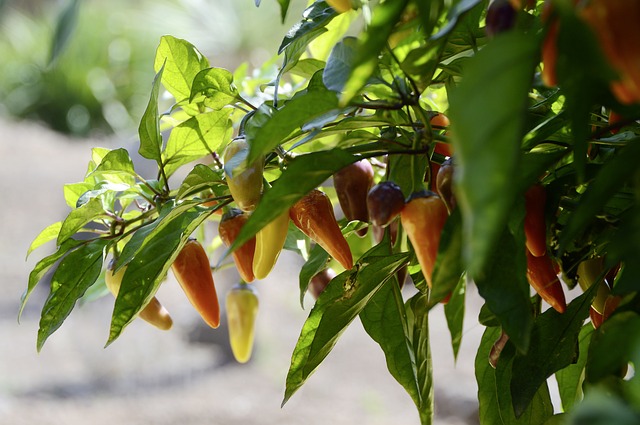November 22, 2021
By Lynda Kiernan-Stone, Global AgInvesting Media
As many categories within the global food system have been severely negatively affected by COVID-19, a steady increase in popularity of Latin America and Asian cuisines in Western countries has buoyed the hot pepper sauce market.
The global hot sauce market reached a value of $4.3 billion last year, and as demand for global flavors continues to strengthen, the market is expected to continue to grow to a value of $5.8 billion by 2026.
In Peru, exposure to this potential is not gender-equal, with the business of exporting Peruvian hot pepper mash (tabasco, habanero, cayenne, and jalapeño) being dominated by men – making the hot pepper trading company called Exportables all the more remarkable for being 100 percent woman-owned.
Exportables’ business is also novel in that it operates with contract farming. The company sources its hot peppers from smallholders located in the San Martin and Amazonas regions, where farmers mostly produce rice, coffee, or cocoa – three crops that are all highly susceptible to the effect of climate change. The company ensures that it only contracts with producers in areas that are already under cultivation, so as to not engage with producers who would destroy rainforest or clear new land for agricultural purposes.
The company stated that it encourages farmers to not substitute their main crop, but to diversify their farm and gain a complementary source of income through the addition of hot peppers.
Exportables provides each farmer with their first set of seeds for free, and sets up a year-to-year schedule with its suppliers to secure crop production, giving farmers a guaranteed fixed price for 100 percent of their crop and a steady income stream for at least 18 months.
This ability to diversify gives Peru’s smallholders extra resiliency against external risks and volatile prices that come with them. Coffee requires three years to reach its productive stage, according to Incofin, whereas a hot pepper cycle lasts for 18 months, with the plants producing fruit every day from month four onward.
Throughout the entire cycle, Exportables works with its farmers to ensure high crop yields that are produced in the most environmentally and socially responsible way. To do this, the company deploys drip irrigation to conserve water, cut fertilizer usage, control weeds, and to avoid erosion, loss of nutrients, and soil degradation.
Once harvested, fruit is delivered to milling stations where they are ground and fermented with salt. In order to preserve the fruit’s color and flavor, this process must be conducted on the same day as harvest.
To increase efficiency, Exportables introduced the notion of in-farm processing, meaning the farmers themselves make the mash out of their own peppers. In return, the farmer receives an extra two cents per kilo while also eliminating daily transportation costs, leading 80 percent of Exportables’ farmers to sign-on for milling responsibilities.
The mash is then collected weekly and transported to San Martin, where shipments are transferred to the Paita central plant where they are sampled, tested, filtered, and stored, ready for export.
But while this business model benefits the farmers, it also deters traditional banks from financing the company. Despite this fact, Exportables stated that it managed to continue growing thanks to sound financial management and a commercial strategy that solidified its supplier base.
Nevertheless, the global pandemic led to shipping delays, which in turn resulted in a spike in operating and logistics costs for the company, threatening Exportables’ liquidity. But a $1 million loan facility from ALF, Incofin’s agri-financing liquidity fund, makes Incofin the first and only international lending to the company, and makes Exportables able to now offset these additional costs while meeting increased demand.
– Lynda Kiernan-Stone is editor with GAI Media, and is managing editor and daily contributor for Global AgInvesting’s AgInvesting Weekly News and Agtech Intel News, as well as HighQuest Group’s Oilseed & Grain News. She can be reached at lkiernan-stone@

Let GAI News inform your engagement in the agriculture sector.
GAI News provides crucial and timely news and insight to help you stay ahead of critical agricultural trends through free delivery of two weekly newsletters, Ag Investing Weekly and AgTech Intel.




